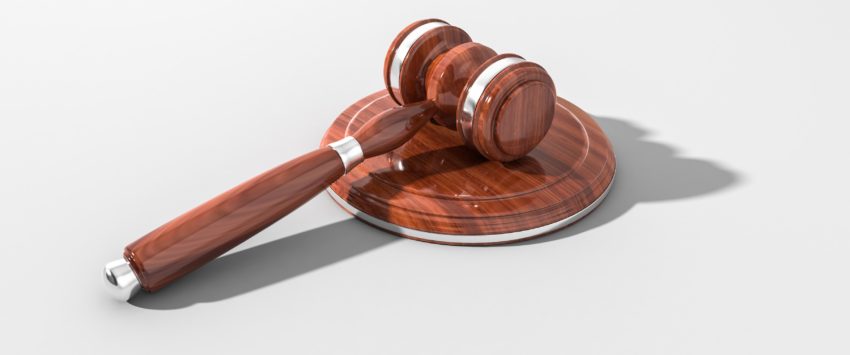
What Happens in an Orlando, Florida Case When One Judge Issues a Final Judgment and Another Takes Over Before the Rehearing?
- May 27, 2021
- ontarget
- Family Law
- Florida law
- 0 Comments
When one judge in the Orlando, Florida area issues a final judgment and another judge takes over the case before the rehearing on the case, a successor judge has no authority to vacate the predecessor judge’s final judgment. A successor judge has limited authority to issue orders inconsistent with the predecessor’s rulings. Those limits are necessary to promote the stability of decisions of judges of the same court and to avoid unseemly contests and differences that otherwise might arise among them to the detriment of public confidence in the judicial function.
How it Works
If a predecessor judge renders a final judgment on the merits and is reassigned to a different circuit court division, then thereafter a motion for rehearing is filed and the judge that rendered the final judgment is not available to hear a motion for new trial or for rehearing; a hearing and ruling thereon by another or successor judge is not appropriate. The proper procedure is to seek an appellate review of the judgment.
Where the petition for rehearing merely reargues the case on points and facts found and considered in the prior hearing of the cause, the petition for rehearing goes beyond the proper scope and it should be denied in any event. If the Chancellor who entered the final decree has been succeeded, his/her predecessor is without authority on such a basis to reverse his/her predecessor’s decision.
The Exception
The only exception to the rule precluding successor judges from ruling on motions for rehearing is where there is a showing of fraud, mistake, or some exceptional changed circumstances. See Pratt v. Gerber, 330 So. 2d 552, 553 (Fla. 3D DCA 1976).
If you have more questions regarding a Marital and Family Law matter, you may call Ann Marie Giordano Gilden at Ann Marie Giordano Gilden, P.A. at 407-732-7620 and set an initial consultation.
This article is for informational purposes only and does not form an attorney client privilege.
